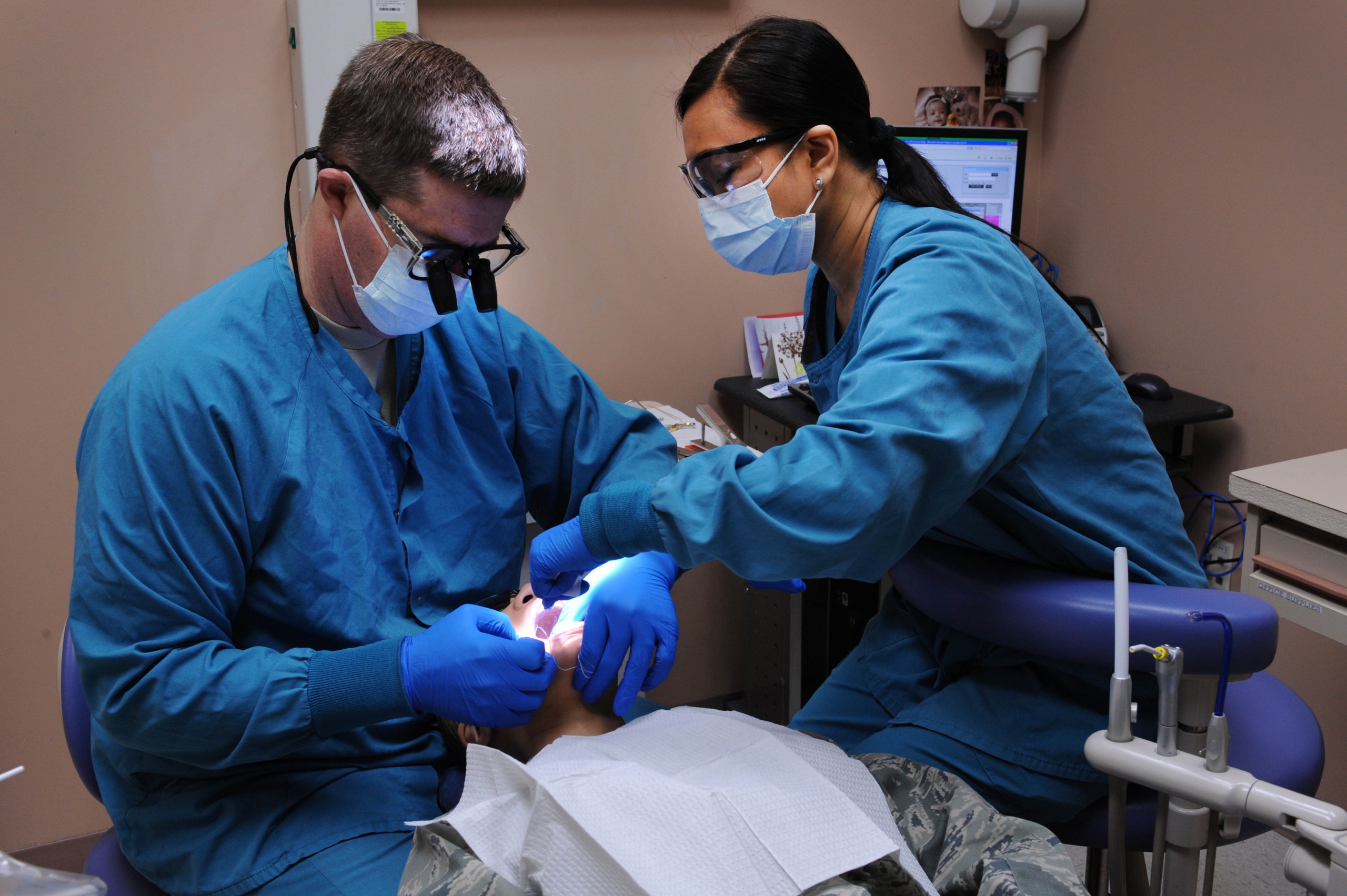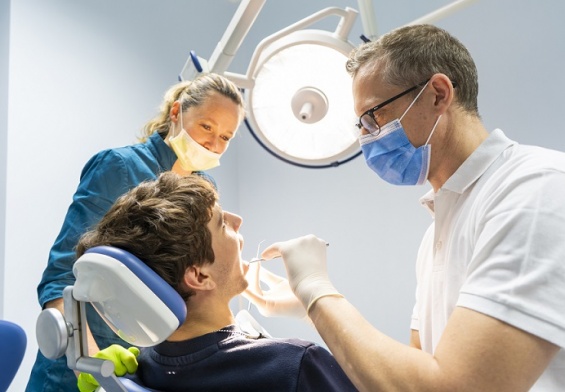It’s been forever that dental researchers have been trying to figure out a way to regrow an entire missing tooth. Dental problems caused by dental caries, periodontal disease and tooth injury compromise the oral and general health issues. Science has brought all sorts of tools for fighting tooth decay, from fluoride toothpaste to dental sealants, but 91% of Americans are still affected by dental caries. Now there is a new research that suggests that cell-stimulating medications can “trick” teeth into repairing themselves. If this is true and this drug works as well as scientists think, dental tissue and even teeth will be able to be regrown.
New Drug that May Regrow Teeth
When dentists spot caries right now, they drill out decayed material and fill the hole with a cement-like substance called amalgam. There’s a possibility that amalgam can fail or even fall out, causing you more discomfort. But, if this new drugs come about and really does what it’s supposed to do, that can all change. The research shows the drugs can coax stem cells within the dental pulp into regrowing enough bony tissue to fill the cavity. Pulp is the soft material deep within teeth that’s filled with nerves and blood vessels.
According to researchers, Tideglusib, a drug that is currently being tested for the use against Alzheimer’s disease, could be fast-tracked through clinical trials for use to stop tooth decay. The best part of this news is that Tideglusib is a low-cost experimental drug with an established safety record. According to stem biology professor at Kings College London, Dr. Paul Sharpe, stimulating the stem cells with Tideglusib produces dentin that integrates itself completely within the tooth so there’s no risk of the filling coming out as opposed to current methods. Tideglusib has been studied on rats so far, but it’s expected for human trials to start within the next year. The goal is to be able to replace, amalgam (which contains mercury), with Tideglusib.
Lasers for Tooth Regeneration
Scientists at the University of Buffalo in New York are exploring a different way to regrow teeth. They are testing the use of low-power laser light to stimulate tooth regeneration. When decay reaches the pulp, dentists usually perform a root canal, which involves removing the bulk of the tooth and then filling what’s left with amalgam. The tooth is then sealed with an artificial cap, but this can also fail over time. According to researchers, shining the laser light directly on the remaining pulp can simulate stem cells in the pulp to produce new dentin. This process doesn’t have the same risk of material failure as opposed to a root canal.
The Regrowth of Teeth
There’s nothing more dental researchers want than the ability to regrow an entire missing tooth. Tideglusib has been tested on mice, but testing it on humans may raise ethical and legal concerns. This would involve the creation of a tooth in its earliest stage of development and implanting it in the jaw where the missing tooth had been. In order to create this so-called tooth, stem cells would need to be harvested from human embryos, which is against the law. Dental researchers are trying to find a way that doesn’t involve cells from embryos. They believe they could make this happen in the next few years.
Taking Care of Your Teeth
Until then it’s always important to take care your teeth. Below are some tips on how to brush your teeth better.
Choose a better brush – go with medium or soft bristles, as hard can be abrasive. Small-headed brushes are better to reach all the external surfaces of your teeth. You should replace your tooth brush every three months.
Use enough fluoride – As an adult you need a toothpaste with around 1,400PPM of fluoride.
Floss everyday – It’s important to floss every day, doing it once in a while does little good.
Mouthwash – It washes away the fluoride from toothpaste, and if you brush properly, you don’t need it.
Use sugar-free gum – brushing straight after a meal can cause damage to acid-softened tooth enamel. Gum promotes saliva production, which neutralizes mouth activity.
Don’t brush after a night out- the acidity of alcoholic drinks soften your tooth enamel. Brush in the morning to avoid permanent damage.
Brush before, not after, breakfast – go to sleep with toothpaste on your teeth, then brush before feeding cavity-causing bugs with your breakfast.




